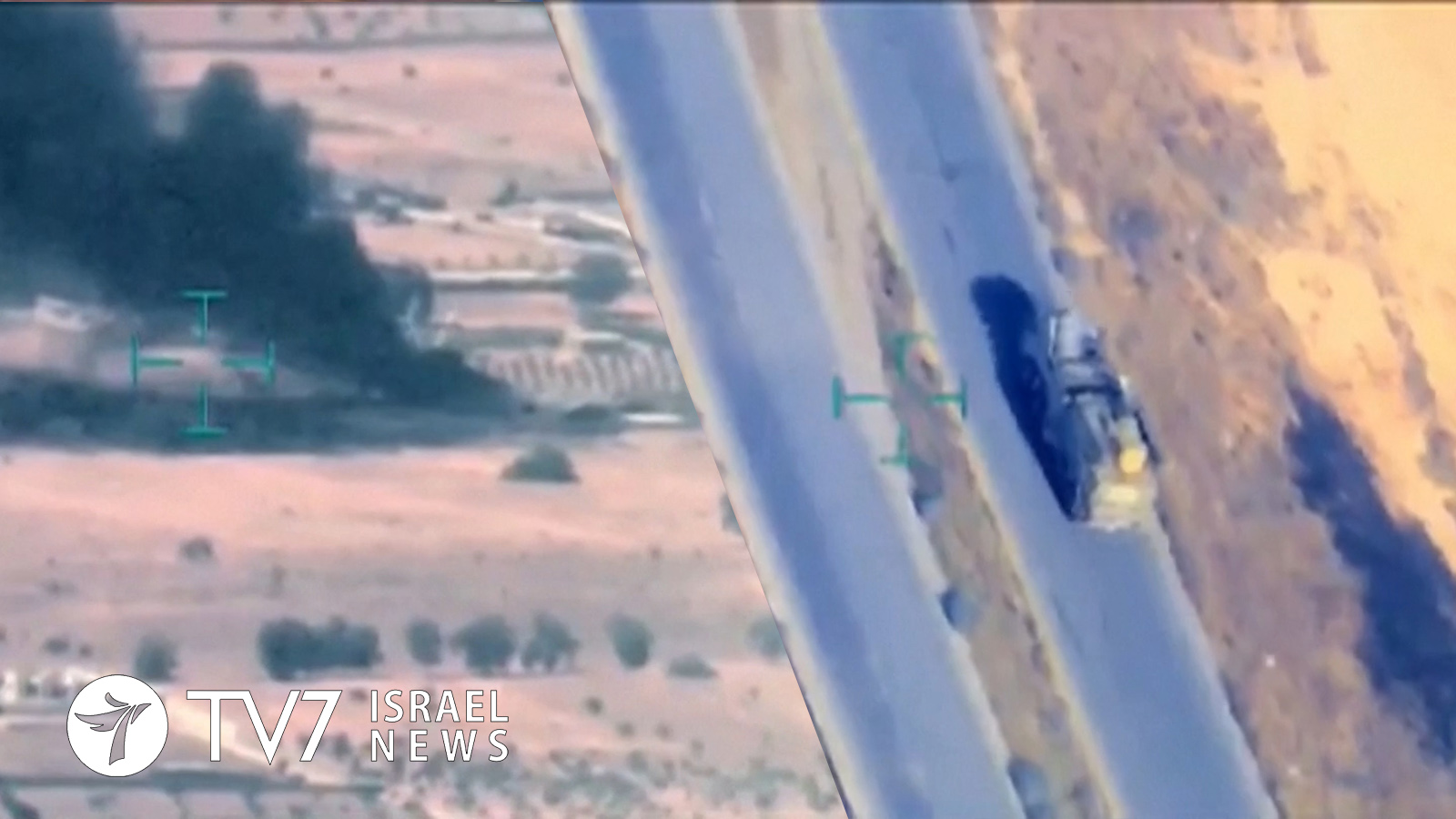Turkish-backed forces belonging to Libya’s internationally-recognized Government of National Accord (GNA) in Tripoli, under the leadership of Fayez al-Sarraj, have reportedly managed to make several strategic gains at the expense of the Russian and Egyptian-backed Libyan National Army (LNA), commanded by Khalifa Haftar.
The LNA has been forced to make a limited retreat over the past week, after losing a number of strategic territories in its year-long offensive to topple the GNA on claims of illegitimacy and corruption.
The reason for the sudden shift follows Turkey’s bolstering of Sarraj’s qualitative military edge with shipments of advanced drone aircraft to the GNA, in spite a European arms embargo enforced by vessels and unmanned aerial vehicles as part of the Irini maritime operation that patrols Libya’s Mediterranean coastline.
In an apparent self-congratulatory pat on the its own back, Turkey released footage shot by its UAVs while claiming credit for altering the military balance in the war-torn country. “As Turkish armed forces, our colleagues, who are currently in Libya within the framework of military training and cooperation agreements we sealed with our Libyan friends and brothers, are working with them and making great efforts (to assist them),” professed Ankara’s Defense Minister Hulusi Akar, adding, “As you frequently see in all media reports, this has had a significant impact on the balance there, as our colleagues shared their knowledge and experience with our Libyan brothers.”
It is important to note that Turkey’s support of the GNA follows the securing of a Maritime Boundary Treaty that established an Exclusive Economic Zone (EEZ), dividing significant parts of the Mediterranean Sea and legal exclusivity to all offshore natural resources between the two nations. The Turkish-initiated pact defied both Cyprus and Greece, which rejected it as “illegal” and “geographically absurd” amid their own claims to the territory.
Moreover, Turkey and Libyan control of the zone could hinder development of Israeli-Cypriot and Greek gas pipeline deals; bearing direct financial implications for Israel, Europe and the United States.
